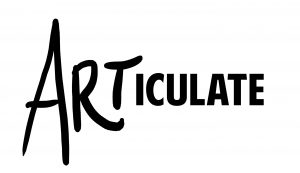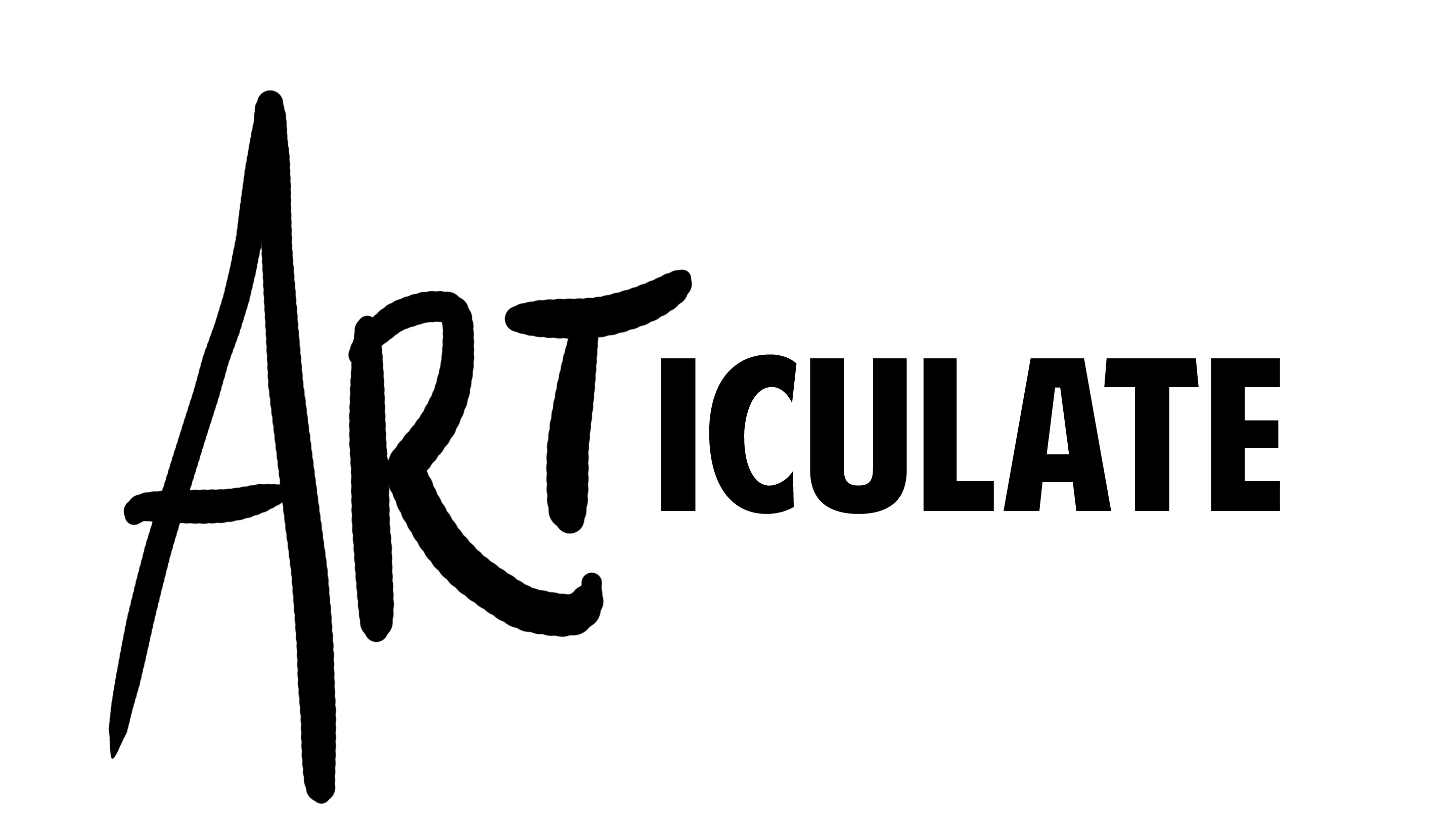
For people who write in the realm of science fiction and fantasy, many doors in the literary world are closed. There exists an unspoken understanding that these genres are not worth the time of serious writers. It has become commonplace to see this exclusion and there are many publications, most of which claim to support all forms of creative fiction, that will not touch these genres.
One needs look no further than Concordia’s own Soliloquies, a student-run anthology that publishes bi-annually. On their website, Soliloquies advertises its goal: “to showcase writers that you might otherwise never encounter and be able to enjoy.” This mission statement sounds very encompassing and encouraging.
Yet it is not the whole story as the submission page presents two restrictions: no science fiction and no non-creative essays. The latter is easily explained since Soliloquies markets itself as a fiction platform.
“Soliloquies, if you look through past issues, has never accepted sci-fi, and I don’t think that the graduate journal, Headlight, has either. The reason for this is simple. I am sure that you remember that when you applied to Concordia’s creative writing program that portfolios had a similar restriction: no sci-fi, no fantasy…The reason for that is because none of Concordia’s creative writing professors specialize in the genre…therefore it is not something that we, as a program, specialize in. Journals like Soliloquies and Headlight exist mainly to showcase talent from the program, and since we do not specialize in sci-fi or fantasy, we do not accept those sorts of submissions,” said Soliloquies editor-in-chief Lizy Mostowski.
Concordia’s creative writing program does actually accept works of science fiction in the entrance portfolio. The instructions for submitting a portfolio as part of the application to admission to the undergraduate creative writing program states: “Work in a specific popular form (for example, fantasy, science fiction, horror, or romance) will be considered only if it does not constitute the entire portfolio, as our program does not focus on these areas.”
Despite this, Mostowski still feels science fiction would look out of place in the publication.
“It would be like accepting romance genre submissions and trying to put them alongside experimental works of poetry and a short story about a road trip, it would not work with the curation of the journal. That being said, we only accept pieces that are highly literary, which can include short stories that can fall into the category of magic realism, but I’m not interested in reading a story about aliens,” said Mostowski.
The question then becomes: why is science fiction not included? Such a restriction directly implies that the genre of science-fiction is worth less than the others. There is no way around the implications of such wrongful restrictions. Yes, everyone out there will admit that there is bad science-fiction. But who can honestly claim to have never read a bad romance, boring comedy, tedious drama, or pretentious satire? There is nothing innately better about any of the other genres but for some reason science-fiction is singled out.
Soliloquies and the other literary publications that restrict science-fiction are all well-run organizations but this prejudice hurts them as well as their readership. It is an unfair judgment that says there is no difference separating writers like Jules Verne, Ray Bradbury, Arthur C. Clarke, and H.G. Wells from the mass of poorly written science-fiction works. Even Margaret Atwood’s, novel A Handmaid’s Tale was science fiction; a book, it should be mentioned, that is often used in academia.
However, many would still dismiss science-fiction as inferior to works of poetry and literature. It is seen as light reading, a means of escape and therefore not an intellectual pursuit. Arthur C. Clarke disagrees with this assumption, “There’s no real objection to escapism, in the right places…We all want to escape occasionally. But science fiction is often very far from escapism, in fact you might say that science fiction is escape into reality…In fact I can’t think of any form of literature which is more concerned with real issues.”




